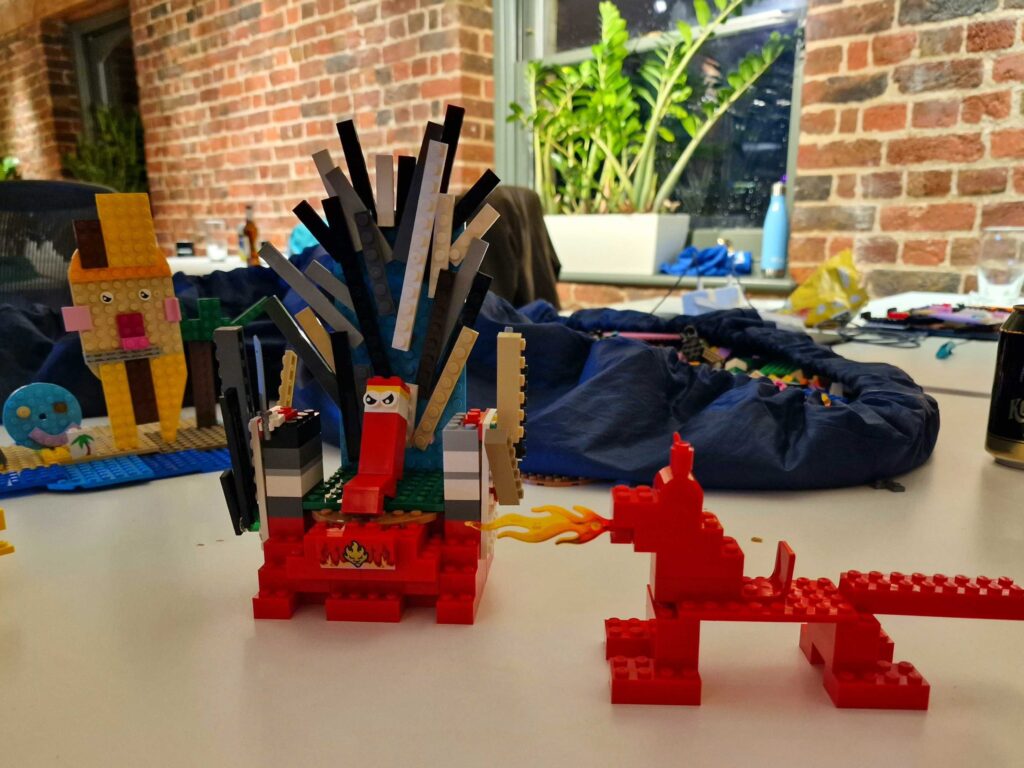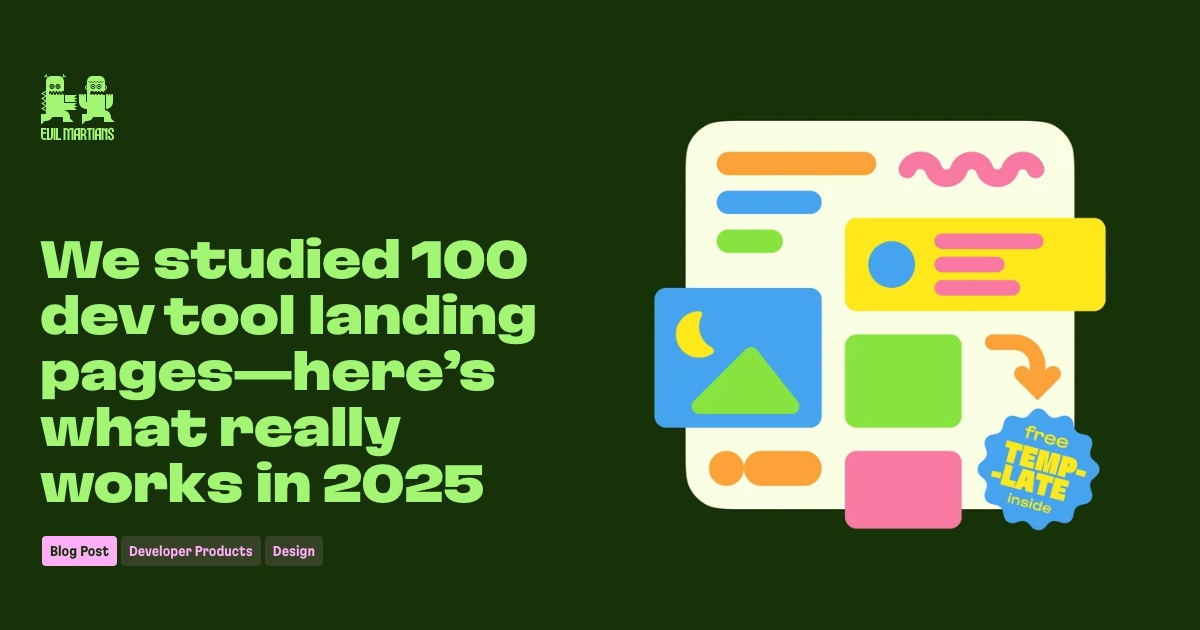Ever wondered what it’s really like to work in our data team? We sat down with 3 data engineers to hear about their roles, tips for aspiring data specialists and what they think makes Made Tech a great place to work.
Masood Khalid
Masood’s pivot to data engineering began during his Actuarial Science degree, where he discovered a keen interest in data analysis. He realised his passion for data and joined a graduate scheme that trained him as a data engineer, ultimately leading him to his current role at Made Tech.
What would you say to anyone looking to work in tech?
From my experience, certifications don’t cut it. You need to have experience. Find ways to implement your interests into your own personal projects. I have upskilled a lot and frankly if there was a leaderboard for how many certifications you could do within a short amount of time I’d be up there.
At the end of the day there’s no replacement for real experience and the only way to avoid the slow grindy feeling of doing those projects is to bring in your own interests. The more you do that, the more motivated you’ll be, the more inspired you‘ll be and the easier it will be for you to keep getting that experience whilst not having a job within the industry.
If you’re looking to get in, that’s my best advice. It is a bit daunting. You just have to keep chipping away at it until you get to the point where you can tie all these different fields together and you can build products and new projects on the whim whenever it takes your fancy.
What do you enjoy most about your role?
I love the variety. Thanks to the varied nature of the work here, I’ve been able to get some of my own interests involved in some of the tools I use day-to-day. I’ve got a good amount of personal projects going on. It really helps that you learn a lot of this stuff while you’re doing the work. There’s a lot of support for that here at Made Tech. We have a learning budget to use which really helps too.
There’s a lot of different people you work with. We’re hugely cross-functional. I work with software engineers quite a bit and so we have meetings to make sure we’re not clashing or butting heads over shared infrastructure. A lot of their work flows downstream into what we do, and so a lot of our work is built upon what they’ve built in the frontend application. There’s lots to do and there’s a lot of people from different fields to work with.
Do you have any advice for anyone looking to join the team?
Out of all the places I’ve interviewed for, Made Tech does a really good job of keeping the job descriptions up to date and relevant. Read that job description because it is updated frequently.
If you’re more junior, you stand a better chance if you can show how passionate you are. There’s a lot of projects and learning you can do to bolster your portfolio and CV if you don’t have experience yet.
Sophie Wenban
Sophie moved from video production to data engineering. She self-studied Python and completed the AWS re/Start programme. Starting at Made Tech as an associate software engineer, a databases module and a love for pipeline work inspired her shift to data engineering.
What’s a typical day in your life as a Made Tech data engineer?
My day typically kicks off with a coffee as I catch up on Slack messages and emails. My first priority is always checking our dedicated Slack channel for pipeline failure alerts, ensuring our overnight data ingestion and transformation jobs ran smoothly. I then review my to-do list, which helps me quickly re-engage with my tasks and ensures a smooth start to the day.
At 10am my team gathers for our daily stand-up. I provide a quick update on my progress and flag any blockers. If I’m stuck on a ticket, we’ll quickly agree on who can help, often jumping straight onto a call after stand-up to work through the problem together.
If there are no immediate issues, I dive back into my current ticket or pick up the next high-priority item. Collaboration is a big part of our day. We often jump on calls to discuss tickets and sometimes we’ll use pair programming to tackle challenges together.
In the afternoon I’ll jump back into my ticket or carry out a peer review if another engineer has completed a piece of work.
Towards the end of the day, I consolidate my notes and prepare my to-do list for tomorrow. This ensures I can hit the ground running, picking up exactly where I left off, ready for the next day’s challenges.
Can you tell us a little bit about the data community?
The data and AI community at Made Tech is truly a fantastic group of people. I’ve found everyone to be incredibly welcoming since joining.
We foster our community through regular events. Every week, we hold a Community of Practice (CoP) session. These are great opportunities for individuals or groups to share their work, discuss interesting technologies they’ve explored or talk about their experiences working in data. It’s a brilliant way for us to learn from each other and stay connected.

Beyond our CoP sessions, we also have a monthly remote lunch. These are more informal gatherings with no set agenda, which is perfect for getting to know colleagues better, especially since many of us work on different teams. It’s a really nice way to build connections and reinforce the welcoming atmosphere of our community.
What do you enjoy most about your role?
The direct impact my work has. I love helping organisations leverage the valuable data they hold. We partner with government departments and arm’s-length bodies and the insights we help them glean from their data can lead to real, positive change for the public.
It’s incredibly rewarding to know that the technical work I do contributes to better public services and informed decisions that can benefit many.
Do you have any tips for anyone interviewing at Made Tech?
Pay close attention to the interview calendar invites you’re sent. They include really helpful information about what format the interviews will take, the type of activities you’ll be asked to do and some of the questions and topics you’ll be asked about.
Use these to help yourself prepare, think of experiences you can share when answering these questions and be prepared for follow-up questions.
Lee Broadhurst
Lee moved into tech after 8 years at Lloyds Banking Group. He self-taught coding for a year and completed the Northcoders bootcamp in 2022. In early 2023, he joined the Made Tech Academy as an associate software engineer, gaining 2 years of experience. A project building a client’s data platform gave him hands-on data engineering experience, leading to his transition into a data engineer role after 6 months.
If someone were to shadow you for a day, what kind of tasks would they see?
I start at 9:00am and usually spend the first 30 mins making sure that I’m up to speed with any Made Tech announcements and admins tasks. I also use this time to reflect on my previous day’s work and plans for the day ahead.
At 9:30am my project team has a daily stand up where we each provide an update on our assigned tasks. From 10:00am my day can vary quite a lot but it will often involve working on my assigned tickets, attending meetings and planning sessions or preparing to present the progress of my work to the client in Show and Tells.
Currently, I’m working on building data pipelines in a data lakehouse architecture using Databricks and Azure. I’ll often be collaborating with other data engineers and analysts to understand and implement the requirements of the client.
Are there any areas you’re focusing on in your development right now?
I’m lucky to be working on a project where the work itself aligns with my development goals. So I get to learn whilst also being an impactful member of the team. In the last couple of months I’ve gained a lot of experience working with Databricks, Terraform and Azure so I’ll be using my learning days and annual learning budget to work through courses relating to these.
What’s your #1 tip for people who want to work in tech?
Find a learning resource that interests you and complements your learning style. Learn the foundational skills required for the role you’re working towards and try not to get distracted by all the different technologies.
Whilst technical ability is important, it’s not the most important skill to have to work in tech. Especially at a consultancy like Made Tech. The softer skills are equally important. You may already have a lot of what’s required, especially if you’re coming from another career that requires a similar skill set.
What type of workplace culture is most important to you?
A lot of my job satisfaction comes from feeling valued by the data community and the teams I work in. Everyone is encouraging and this has helped a lot with my career progression and confidence in my ability.
How do data engineers at Made Tech typically collaborate and share knowledge?
The data community at Made Tech is great. Everyone is friendly, supportive and keen to help each other grow. We have a Data Community of Practice call every couple of weeks. A member of the community will present something they’ve been learning or working on, or we’ll have a guest speaker attend the session.
Recently, we all got together at a venue in London for a strategy and alignment day, focusing on the future vision of Data and AI Made Tech. We had talks from members of the data community and plenty of opportunities to get to know each other more.
If hearing from our data engineers has piqued your interest in working with us, great news – we’re hiring!
The post Meet the Data Engineers of Made Tech appeared first on Made Tech.




